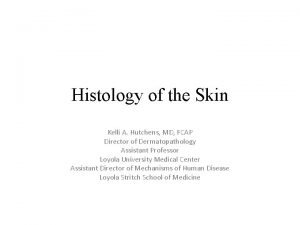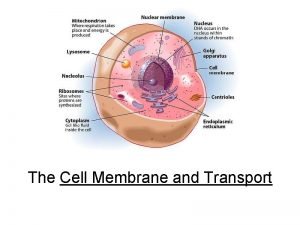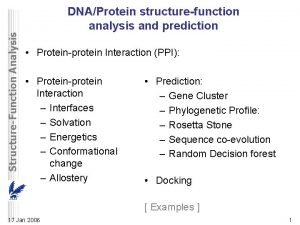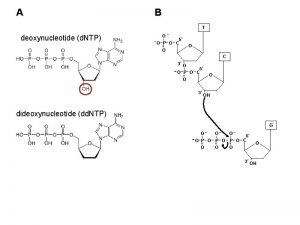DNAAnimation mht NTP 1 12 2009 Skin protein






- Slides: 6

DNAAnimation. mht NTP 1. 12. 2009

Skin protein profiles from plaque psoriasis, guttate psoriasis and contact eczema lesions separate by hierarchical cluster analysis. All dendrograms show that plaque lesions are distinct from the other phenotypes and that guttate psoriasis and contact eczema are positioned under the same branch. (a) The cluster analysis was based on 64 proteins with significantly different expression level between lesional skin from patients with guttate psoriasis and contact eczema. (b) The cluster analysis was based on 60 proteins with significantly different expression level between lesional guttate and lesional plaque. (c) Cluster analysis based on 34 proteins differentially expressed between lesional and non-lesional guttate psoriasis. (d) Cluster analysis based on 164 proteins with significantly different expression level between lesional plaque and lesional eczema. NN (normal), NLG (non-lesional guttate), LG (guttate), NLE (non-lesional eczema), LE (eczema), NLP (non-lesional plaque), LP (plaque). Carlén LM et al. , Proteome Analysis of Skin Distinguishes Acute Guttate from Chronic Plaque Psoriasis Journal of Investigative Dermatology (2005) 124, 63– 69;

The lineage of mitotic cell divisions from the fertilized egg to a single cell within a cancer showing the timing of the somatic mutations acquired by the cancer cell and the processes that contribute to them. MR Stratton et al. Nature 458, 719 -724 (2009) doi: 10. 1038/nature 07943

Figurative depiction of the landscape of somatic mutations present in a single cancer genome. MR Stratton et al. Nature 458, 719 -724 (2009) doi: 10. 1038/nature 07943

Improvements in the rate of DNA sequencing over the past 30 years and into the future. MR Stratton et al. Nature 458, 719 -724 (2009) doi: 10. 1038/nature 07943

Děkuji vám za pozornost











